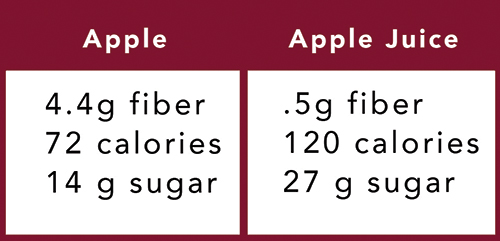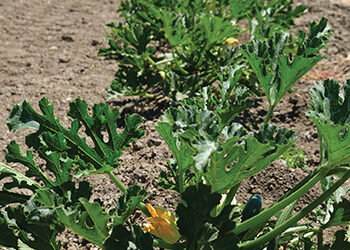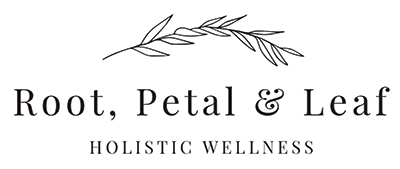Would you say you eat like most Americans?
If so, you’re consuming an average of 17 to 26 teaspoons of sugar a day, depending on which statistics you read. That’s around double the government’s daily recommended limit for a 2,000 calorie/day diet. The American Heart Association’s recommendation is even lower – no more than six teaspoons for women and nine for men. Yikes.
We’re hardwired to want sugar. Sweetness indicated to our ancestors that a food was safe to eat, while bitterness meant danger. Sugary food was a great source of energy but was hard to come by. We couldn’t easily overeat it. Prehistoric individuals who binged on these high calorie foods stored fat, which allowed them to live through famine. Those individuals reproduced and passed on their genes and their taste for sweet.
Today, sugar is cheap, readily available and in most processed foods. We’ve inherited our ancestor’s biological drive for sugar. It’s in everything, and it’s hard NOT to overeat it.
When we overdo sugar, we risk a variety of health problems. High sugar consumption has been connected to:
Increased risk of:Heart disease
- Increased risk of:
- Heart disease
- Cancer
- Diabetes
- Asthma
- Disruption of the gut microbiome
- Impaired immunity
- Increased inflammation
- Nutritional deficiencies
- Hypertension
- Insomnia
- Hair loss
- Alzheimer’s
- Wrinkles and acne
- And more (believe it or not)
What’s a modern human to do?
You probably know that soda, candy and heavy desserts are best reserved for an occasional indulgence. But added sugar has snuck into foods that you may not even suspect like breads, protein bars, cereals, sauces, dressings, deli meats, plant milk, canned soup, yogurt and many more.
The easiest step toward limiting sugar intake is to limit processed foods. While many whole foods do contain sugars, they also contain other components that balance out that glucose load. The water, fiber and other micronutrients in berries, for example, all help your body process the sugar in a healthy way. In fact, berries contain so many phytonutrients that they make it to the top of most healthy foods lists.
Focusing on whole foods is just the start. Eat those whole foods closest to their natural state. Compare eating an apple to drinking an 8-ounce glass of apple juice.

Once you’ve swapped out some processed foods for whole foods, think about crowding out high sugar foods. Have a well-balanced, tasty, healthy meal, and you’re far less likely to go for a bowl of ice cream two hours later.
If you do go for that bowl of ice cream, have a glass of water and a small, high-protein snack beforehand (a few nuts, a little hummus with some carrots). Chances are you’ll be satisfied with less sweet, or maybe even skip it entirely.
Read labels and learn to identify the many forms of sugar. They include, to name just a few, agave, honey, high fructose corn syrup, coconut sugar, maple syrup, dates, the “-oses” including dextrose, fructose, galactose, lactose, maltose, etc, the “=ides” including disaccharides, monosaccharides and polysaccharides, as well as molasses, fruit juice and many, many more.
The good news is that once you start to limit the hidden sugars in your diet, those that you chose to eat taste that much sweeter and satisfy that sweet tooth much more quickly.
Shari is a certified integrative nutrition health coach with advanced training in gut health, yoga teacher, herbalist and an artist working in mixed media and metals. For more wellness information and a free downloadable guide to low sugar sauces, marinades and dressings, visit rootpetalandleaf.com



